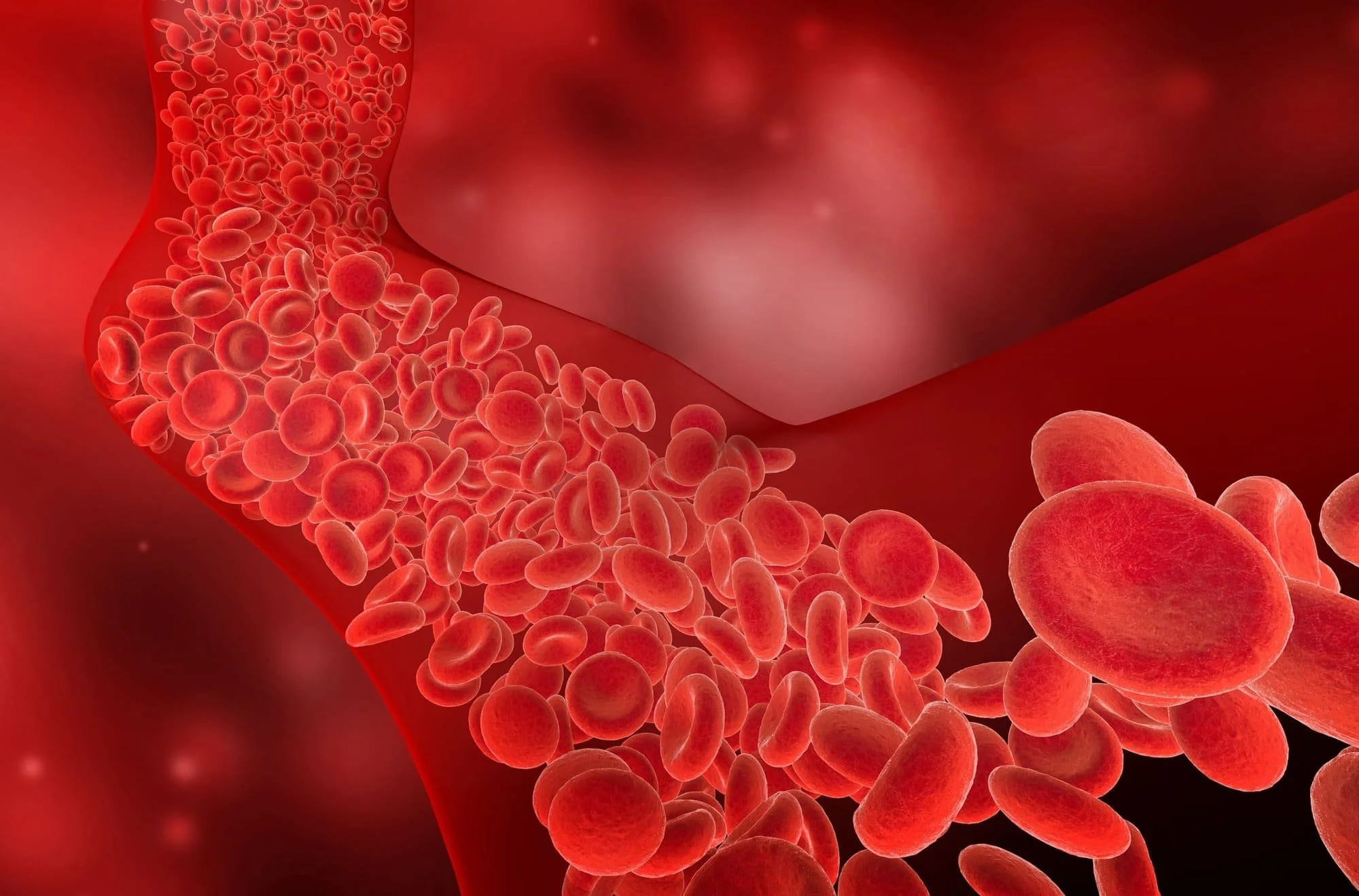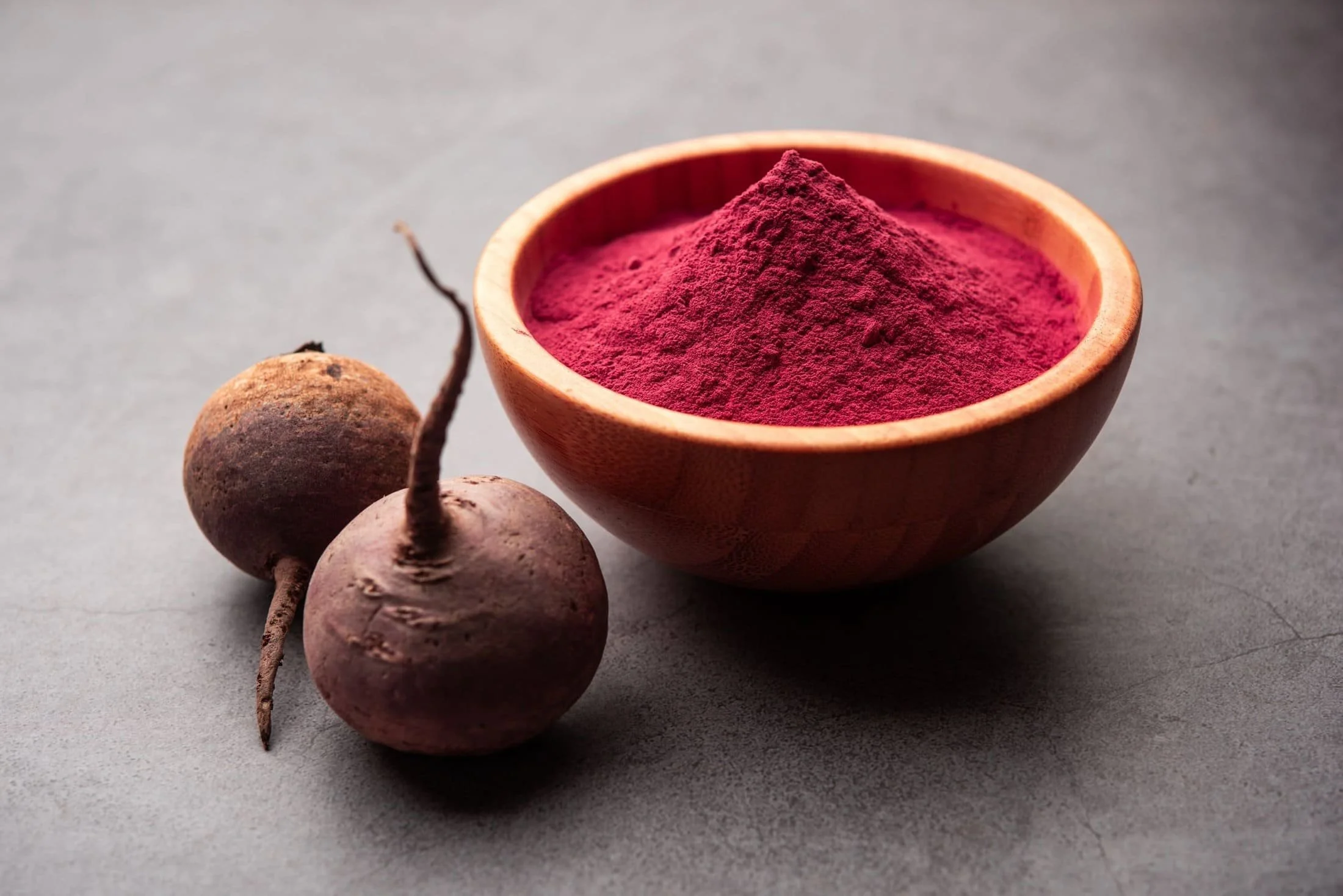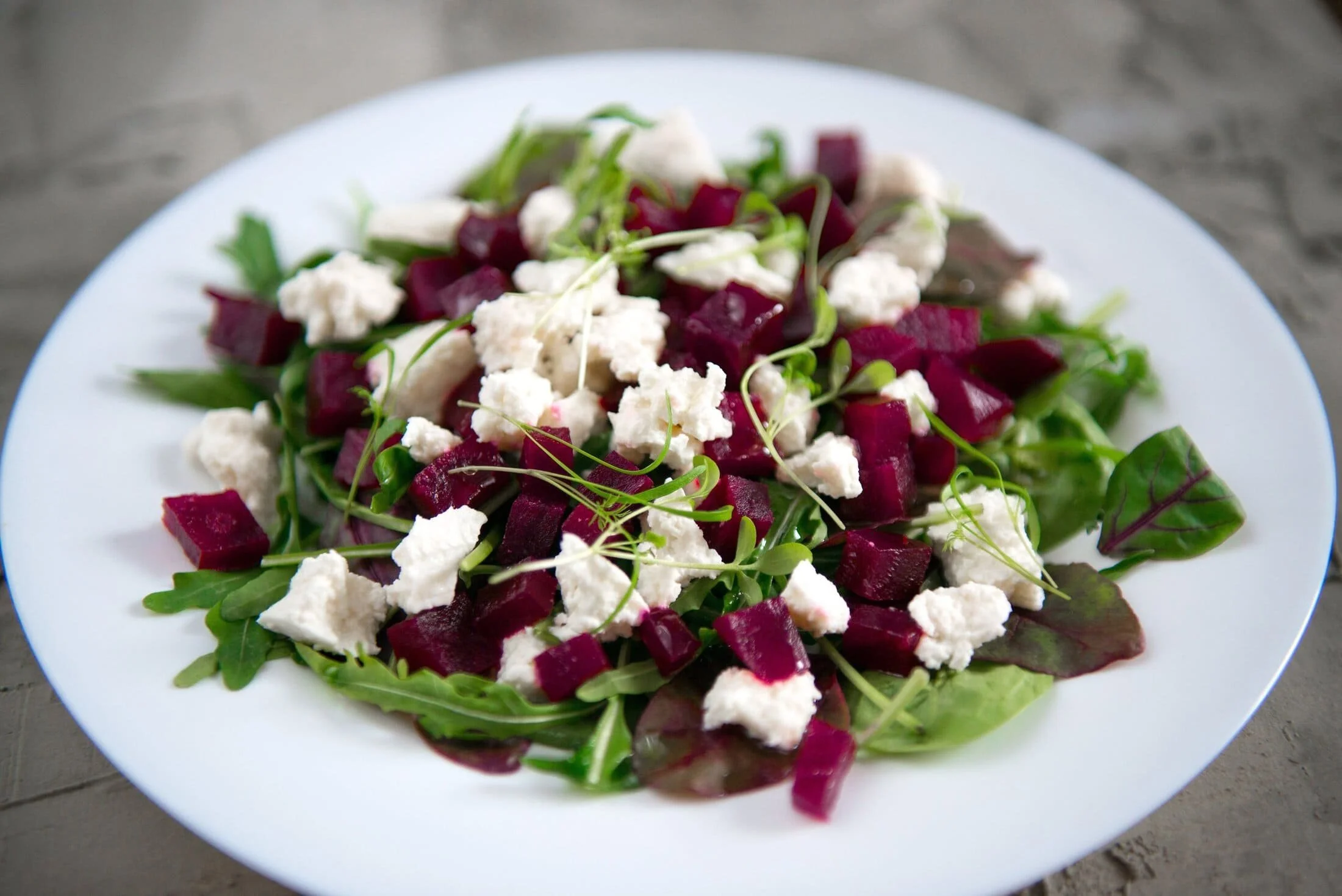Improve your Cardiovascular Swimming Performance: The Benefits of Beets and Nitric Oxide
/beet juice and athletic performance
Beetroot has gained popularity as a potential natural performance-enhancing food due to its high nitrate content, which can improve athletic performance, especially in endurance activities. Nitrate is converted to nitric oxide in the body, which helps dilate blood vessels, reduce the oxygen cost of exercise, and improve overall cardiovascular function. Studies report improved time to exhaustion running, increased economy and lower Vo2 for cycling time trials, better rowing times, as well as benefits to athletes training, acclimating, and performing at altitude.
Key Benefits of Beetroot for Swimmers
Studies have indicated that these effects can benefit endurance athletes, including swimmers, in the following ways:
1. Improved Endurance
The ability to swim longer distances and maintain a higher level of performance for extended periods is a critical factor for swimmers. Beetroot consumption may help enhance endurance by reducing the oxygen cost of exercise, enabling swimmers to maintain their performance for longer durations. (Bond, et al, 2012)
2. Enhanced Blood Flow
Improved blood vessel dilation, a result of nitric oxide production, can lead to increased blood flow to muscles during exercise. This can be particularly advantageous for swimmers, as efficient blood flow can support oxygen delivery to muscles and help delay the onset of fatigue during a race. (Lansley, et al, 2011)
3. Aid in Altitude Training
Beetroot supplementation has been found to be beneficial for athletes training, acclimating, and performing at altitude (Bärtsch and Saltin, 2008). Swimmers who engage in high-altitude training could potentially experience improved performance and adaptation.
While the cited studies primarily focus on cycling and running performance, the underlying physiological mechanisms related to nitrate and nitric oxide production are likely to have similar effects on swimmers.
Incorporating Beetroot into a Swimmer’s Diet
Incorporating beetroot into a swimmer's diet can be achieved through various methods, including beetroot juice for swimmers, beetroot supplements, or whole beets. These approaches can help swimmers experience potential performance benefits, especially in endurance events. However, individual responses to beetroot may vary, so it's important to experiment with dosage and timing to find the most effective approach for each athlete. It's also crucial to consider the additional health benefits of consuming nutrient-dense foods like beets.
Practical Consumption Tips
Here are some guidelines on beetroot dose for performance benefits:
Many studies have used beetroot juice to study its performance benefits. Typically, a single dose of 300-500 mL (about 10-17 ounces) of beetroot juice, containing around 6-8 mmol of nitrate, is often used. Consuming this amount 2-3 hours before exercise is recommended.
If you're not a fan of beetroot juice or prefer a more convenient option, you can also find beetroot supplements in the form of capsules or powder. These supplements often contain a more palatable, or at least smaller, dose of concentrated beetroot extract, providing 6-8mmol or roughly 400mg of nitrite often cited as the recommended performance dose. Follow the recommended dosage on the product label, which can vary between brands.
You can also consume whole beets by adding them to your diet in various ways. Eating 1-2 beets a few hours before your workout can provide a similar nitrate boost as beetroot juice. You can cook, steam, roast, pickle, or even eat them raw in salads.
Before making significant changes to your diet or supplement regimen, it's advisable to consult with a healthcare professional or a sports nutritionist, especially if you have any underlying health conditions or concerns. They can help you tailor your beetroot intake to your specific needs and goals.
Discover the best foods to eat before a swim meet to fuel your body, boost energy, and enhance performance.
References:
Bond H, Morton L, Braakhuis AJ. Dietary nitrate supplementation improves rowing performance in well-trained rowers. Int J Sport Nutr Exerc Metab. 2012 Aug;22(4):251-6. doi: 10.1123/ijsnem.22.4.251. Epub 2012 Jun 15. PMID: 22710356.
Lansley KE, Winyard PG, Fulford J, et al.. Dietary nitrate supplementation reduces the 02 cost of walking and running: A placebo-controlled study. J Appl Physiol. 2011; 110 (3): 591-600.
Cermak NM, Gibala MJ, van Loon LJ. Nitrate supplementation's improvement of 10-km time-trial performance in trained cyclists. Int J Sport Nutr Exerc Metab. 2012 Feb;22(1):64-71. doi: 10.1123/ijsnem.22.1.64. PMID: 22248502.
Cermak N., Gibala M., Van Loon J. Nitrate Supplementation’s Improvement of 10-km Time-Trial Performance in Trained Cyclists. Int. J. Sport Nutr. Exerc. Metab. 2012;22:64–71. doi: 10.1123/ijsnem.22.1.64.
Domínguez R, Cuenca E, Maté-Muñoz JL, García-Fernández P, Serra-Paya N, Estevan MC, Herreros PV, Garnacho-Castaño MV. Effects of Beetroot Juice Supplementation on Cardiorespiratory Endurance in Athletes. A Systematic Review. Nutrients. 2017 Jan 6;9(1):43. doi: 10.3390/nu9010043. PMID: 28067808; PMCID: PMC5295087.
Bärtsch, P, Saltin, B. General introduction to altitude adaptation and mountain sickness: altitude adaptation and mountain sickness. Scand. J. Med. Sci. Sports. 2008; 18:1–10.
Bakker E, Engan H, Patrician
A, et al. Acute dietary nitrate supplementation improves arterial endothelial function at high altitude: A double-blinded randomized controlled cross over study. Nitric Oxide. 2015; 50: 58-64.







